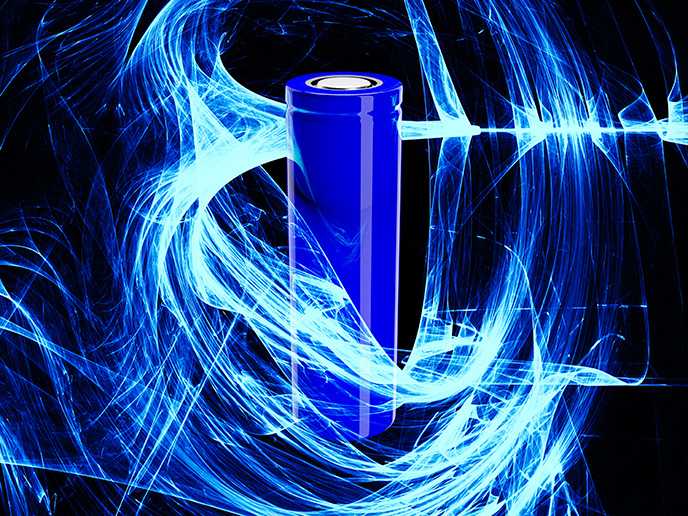Ageing process for new insight into batteries
Developing ageing techniques therefore became part of the testing procedure requirements. An EC funded project LIBERAL sought to develop systematic ageing techniques that would prematurely age lithium batteries in a manner that would mimic real-time aging and be suitable for electrochemical impedance spectroscopy (EIS) testing. Electrochemical impedance spectroscopy evaluates the electrochemical properties of the battery and as such is ideal for assessing its ageing processes. The goal of the project was to realise a testing methodology that could predict the full ten-year (or longer) life span of a battery. In doing so, it will need to assess such factors as battery performance in vehicles, firstly on a theoretical basis and then on criteria related to aging and stress mechanisms. Studying battery degradation and performance when the vehicle was stationary was also incorporated into the trials. It is hoped that the age-acceleration process will go a long way in assisting European developers in improving lithium battery technology both for the transport and other related industries. With the information generated from these tests, designers have a valuable tool from which they can draw insight into battery performance over time.







